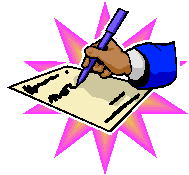
For a preview of a writing process map, click here.
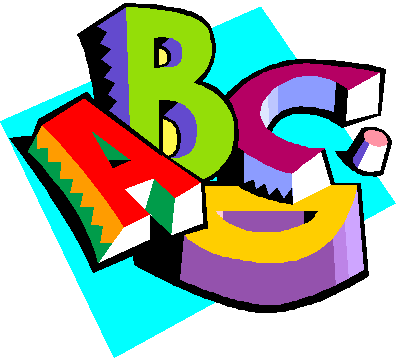

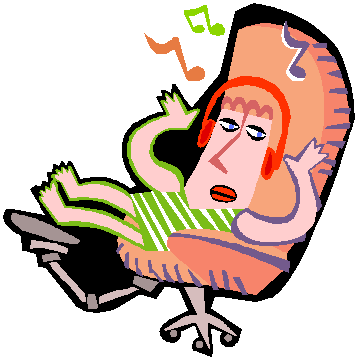
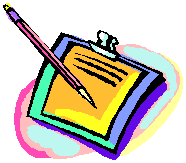
Junior High Language Arts and
English I Curriculum Syllabus
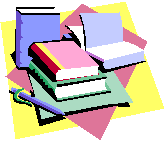
The skills learned in Language Arts are reinforced and supported in all of the following curriculum areas: literature, writing, grammar/English, and spelling vocabulary as designed by the South Dakota Department of Education State Standards.
Literature: Holt, Rinehart, Winston Adventures for Readers
(Athena Edition)
The Themes
in Literature (short story, poetry, personal narraitves and essay, Romeo and
Juliet {drama}, and Great Expectations {novel})series focuses on thematically arranged units each containing
high-interest selections that share a similar controlling idea or insight about
life that encourages young adolescent readers to relate each literary experience
to their own lives. With the
variety of literary selections, skills and strategies are developed for students
to become successful, independent learners.
Stories will be read, reading check and study and discussion questions
answered at the end of each selection.
Book
Reports
A
book report will be done every nine weeks.
One of the four will be done together with the novel at the back of the
literature textbook. A test will be
taken on your individual book. Books
will be selected off a list provided by the instructor.
Writing
Writing
skills are developed throughout the course.
Students learn to think about writing through the process of pre-writing,
drafting, and revising. The elements of the 6+1 writing traits are used.
Opportunities for writing are done in the following: writing notebooks,
essays, stories, reports, papers, note taking, and poems.
These opportunities are reinforced in grammar, spelling/vocabulary, and
literature.
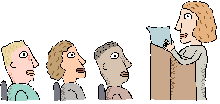
Third
Course Elements of Language 2004
Grammar is essentially the study of language and its uses. This knowledge enables students to develop skills to improve and effectively use language in both writing and speech communication by covering areas of parts of speech, usage, agreement, verb and pronoun usage, and punctuation mechanics. The book utilizes all elements of communication-reading, writing, listening, speaking, viewing, and representing along with resources and activities online.
Spelling/Vocabulary:
Goodman, Nist, and Mohr Building Vocabulary Skills
Language is essentially vocabulary.
The units studied provide words designed not only to teach important
spelling principles but also to connect spelling and vocabulary to other content
areas and to their lives as effective communicators. Six units will be done a
nine weeks with a test on the six units at the end.
 Extra Credit
Extra CreditExtra credit is allowed. A student can do enough extra credit to raise their grade one letter grade. For example, a student may go from a C to a B, but not a C to an A with extra credit. Extra credit may be done in three forms: extra entries in writing notebook, extra book reports, and service learning projects.
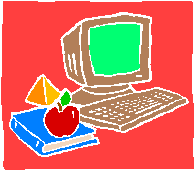
![]()